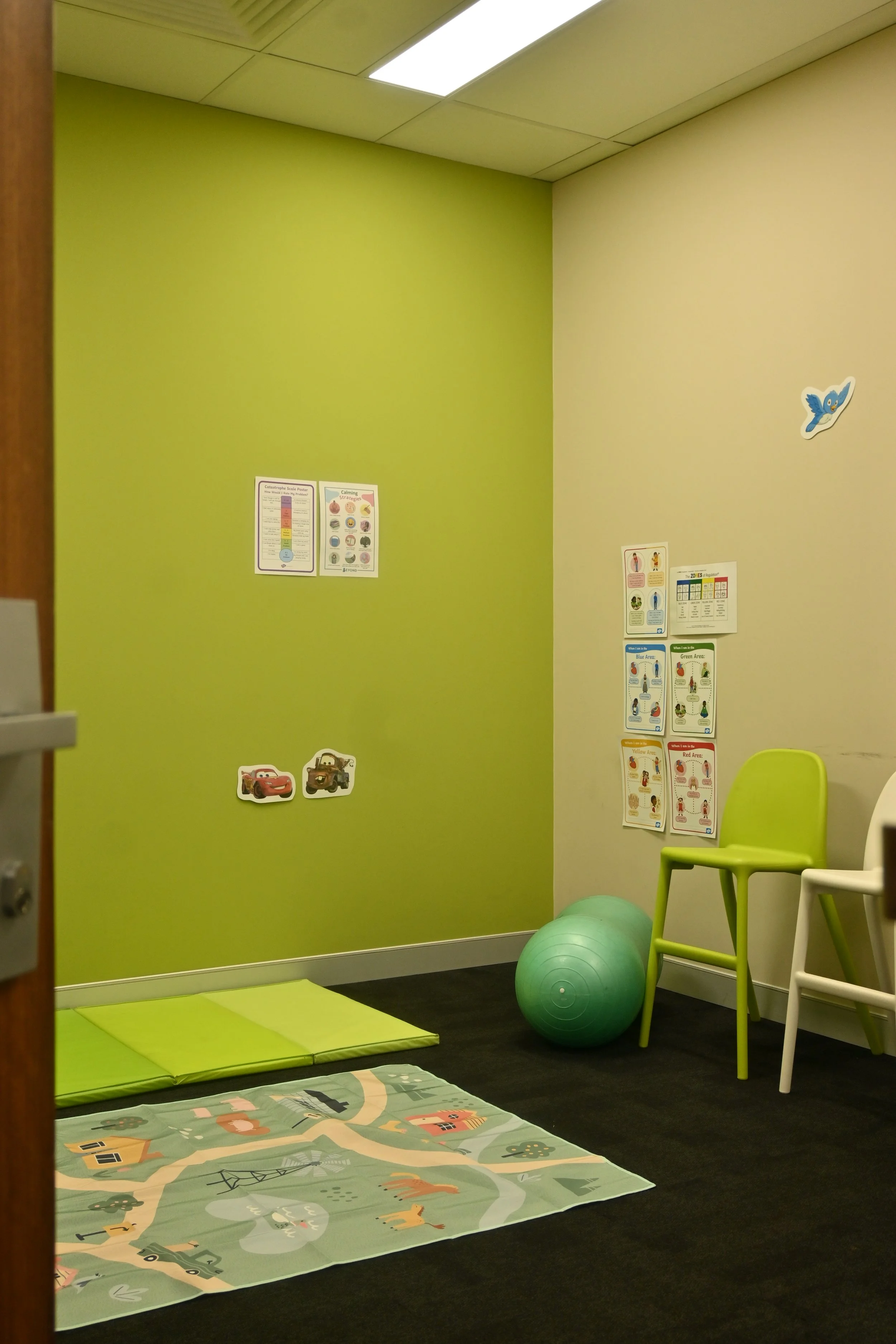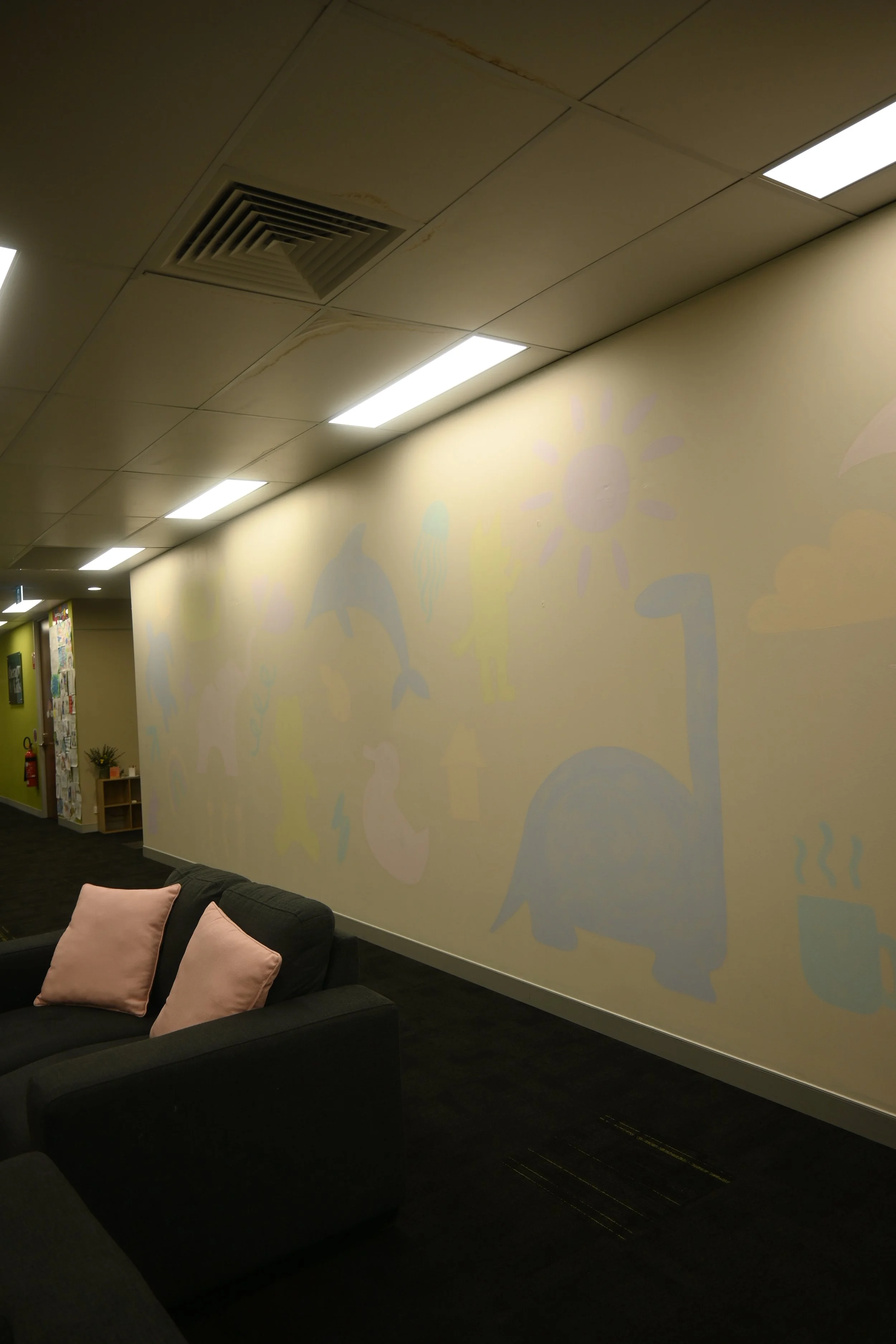
Physiotherapy is an allied health profession that supports children’s physical development, movement, and function. Paediatrics physiotherapists work with children at different stages of development, including those with diagnosed conditions or identified movement difficulties.
Paediatric physiotherapy may involve assessment and intervention using movement-based activities, play, and therapeutic exercises that are tailored to a child’s individual needs and goals. Therapy aims to support participation in daily activities and developmental tasks.
What to Expect During a Physiotherapy Session?
A child’s initial physiotherapy session typically involves an assessment to understand their current abilities and needs. This may include gathering relevant medical and developmental history, observing movement and functional skills, and discussing parent or caregiver concerns.
Following the assessment, the physiotherapist will develop an individualised management plan informed by the assessment findings and the child’s goals. Therapy sessions may include developmentally appropriate activities, movement-based tasks, and exercises, which are often delivered in a play-based format to support engagement.
The content and focus of sessions are adjusted over time in response to the child’s progress and circumstances.
Potential benefits of Paediatric Physiotherapy:
-
Helps babies and toddlers reach developmental milestones.
Improves gross motor skills, strength, balance, posture, and coordination.
Enhances muscle flexibility, joint mobility, and gait.
Reduces pain and supports recovery from injuries or surgery.
-
Makes therapy fun and motivating with playful, age-appropriate activities.
Boosts confidence and self-esteem.
Increases independence and participation at home, school, and in the community.
-
Offers experienced support for children with autism, cerebral palsy, dyspraxia, Down syndrome, and more.
Delivers tailored help for school-aged children to overcome movement challenges.
Works closely with parents, doctors, and other professionals to provide practical strategies and family education.



